20th-century book club schedule
Our reading schedule for the next six months | spring blossoms & book suggestions
Hello & a warm welcome to Cambridge Ladies’ Dining Society, especially to all the readers who have joined recently and to my very generous paying subscribers. I greatly appreciate your kind support, and hope you’ll enjoy being part of this friendly community in 2025. This is just a short post, outlining the next three novels lined up for our 20th-century book club from April to July. Read on to find out about some of the other new things coming for this newsletter in spring. All dates are provisional… and I would love to read any comments from you on these novels, or any other books you’ve enjoyed. (Edited to include links to Sylvia Townsend Warner and R.C. Sherriff posts.)
1. In the last week of March/early April we’ll be continuing our discussion of Sylvia Townsend Warner’s Lolly Willowes
This short novel made an extraordinary impact when it was first published in 1926. Then it disappeared from view, but there’s been a revival of interest in recent years because of its powerful message about single mid-life women (and because it’s so good). It’s best read without knowing anything about the second half, which is so unexpected (even to the protagonist Laura) and all the more powerful for that. I wrote about the author’s early life recently in ‘Becoming Sylvia’. Below is a link to my post on the novel itself and what it says about women’s options in the 1920s. Looking forward to hearing what you think of Lolly Willowes, and what relevance it has today.
The curious afterlife of Lolly Willowes (2 of 2)
‘It was the only time at which Sylvia could be considered a bestseller, and Lolly Willowes remains the book by which she is imperfectly remembered’ (Claire Harman)
‘It tells the story of a woman who rejects the life that society has fixed for her in favor of freedom and the most unexpected of alliances’, the author Helen Macdonald writes of Lolly Willowes. ‘It completely blindsided me: Starting as a straightforward, albeit beautifully written family saga, it tips suddenly into extraordinary, lucid wildness.’ (The New York Times Book Review)
2. May 2025: The Fortnight in September (1931) by R.C. Sheriff
During the first Covid pandemic lockdown in 2020 the novelist Kazuo Ishiguro recommended The Fortnight in September as ‘just about the most uplifting, life-affirming novel I can think of right now.’ Sherriff himself thought of his 1931 novel as a story of ‘simple, uncomplicated people doing normal things’: it’s a charming day-by-day account of a lower-middle-class London family’s annual holiday by the seaside at Bognor Regis. If you’re in the UK, I recommend the Persephone Classic paperback, but any edition is fine.
5 May: an introduction to the life and work of R.C. Sherriff, including a look at his memoir, No Leading Lady: An Autobiography (1968) (see link below). I wrote about Sherriff’s war experience and how badly affected he was by what would probably now be diagnosed as a form of ‘shell shock’ or post-traumatic stress disorder. Ten years later he would explore this concept through his highly successful play Journey’s End (1929). His gently humorous novel of family life, The Fortnight in September (1931) was, arguably, an attempt on his part to put memories of the Great War behind him.
Nothing to fear
On the enigmatic author, playwright and Hollywood screenwriter R.C. Sherriff, and why his fiction provided a way of rewriting his past. We’re reading his novel The Fortnight in September (1931) in this month’s 20th-century book club.
17-19 May: a post on, and discussion of The Fortnight in September Chapters I to XV. We’ll be halfway through by this stage. What are your first impressions of the book, and what do you most like or dislike about it? Are there any other novels you’d compare it to?
31 May-1 June: a post on, and discussion of the second half of The Fortnight in September Chapters XVI to XXXII. By the end of the holiday, things have subtly shifted within the family, and the novel does not offer the reader any obvious conclusions.
3. Mid-June to end of July 2025: Gaudy Night (1935) by Dorothy L. Sayers
Gaudy Night is the tenth in Sayers’s fictional Lord Wimsey series and is described as ‘a novel not without detection’. This time the fictional detective Harriet Vane takes the lead in investigating acts of vandalism and threatening letters sent to students and faculty in the fictional women’s college of Shrewsbury in Oxford. It’s a romance as much as a mystery, in which the cerebral Harriet comes to terms with possessing ‘both a heart and a brain’. It was praised by the TLS in 1935 as a ‘a discussion from every standpoint of the problem of Woman and the Intellectual Life.’
I haven’t worked out the exact dates for this yet, and our reading of this wonderful novel might well stretch into August as it’s a bit longer and there are so many interesting things to discuss… but I’m planning to start our discussion in June with an introduction to Dorothy L. Sayers at Oxford, and to continue with two more posts in July. I’m enjoying the audiobook version of Gaudy Night (via Audible) at the moment, though the narrator isn’t brilliant – what a shame they didn’t get Harriet Walter to do it! I wrote a little bit about Sayers here, and there’s a link to my introductory post is below.
Dorothy L. Sayers at Oxford
The first Oxford University graduation ceremony to award degrees to women took place on 14 October 1920. 27-year-old Dorothy L. Sayers was among the fifty celebrants that day, and she never forgot it. This short piece about the lasting effect of that day was inspired by a lovely post by
Other books you’ve recommended
This week I enjoyed reading
’s ‘Five Forgotten Feminist Novels’ and it makes me want to add Winifred Holtby’s The Crowded Street (1924) to our ‘later in 2025’ prospective list. What mid-century novel would you vote for? Here are some of your great suggestions:‘I would love to see Mary Webb’s novels gain a wider audience again. They would sit well alongside Lolly Willowes although they’re from a slightly earlier period.’
‘I wonder if others would be interested in Elizabeth Bowen? Perhaps The Death of the Heart….’
‘Another Virago from my collection that I’d recommend is Enid Bagnold’s ‘The Squire’, brilliant writing and unusual for its time as a study of motherhood.’
‘I must mention "The Woods in Winter", by Stella Gibbons too. How about Rosamund Lehmann , "The Weather in the Streets" and "Invitation to the Waltz" or Dorothy Edwards’ "Winter Sonata"?’

Coming up in April and May 2025
my new monthly newsletter, ‘A Letter from Cambridge’ which will replace my Cambridge Notebooks and be free for all subscribers
a guest post from author Sarah Lonsdale, on her brilliant new group biography Wildly Different: How Five Women Reclaimed Nature in a Man’s World (MUP, March 2025). I loved her book, Rebel Women Between The Wars (see my previous post on on Dorothy Pilley, ‘Manless Climbing’) so I can’t wait to read more about Pilley and other women who fought to save some of the earth’s wildest places.
a post on Susila Bonnerjee (1872-1920), one of the first Indian women to study at Cambridge, and her sister Nalini. They both qualified as medical doctors in the 1890s, at a time when very few women were permitted to practise medicine in the UK, and their subsequent careers took very different paths.
Hope you’ll join us! And if you have other recommendations of novels by UK/ Irish women writers from the 1920s and 1930s that we might read later in 2025, I’d love to hear about them. I’m keeping an updated list of ALL of your brilliant suggestions. Thanks for reading.
Most of my newsletters are free, thanks to the generosity of paying subscribers. These kind souls receive full access to all book club and Cambridge women’s history posts, featuring my original research, plus all of our subscriber discussions in the comments section. Complimentary subscriptions always available, just get in touch.

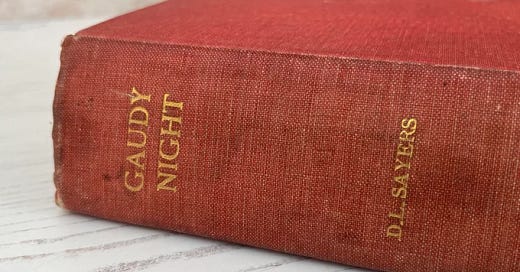



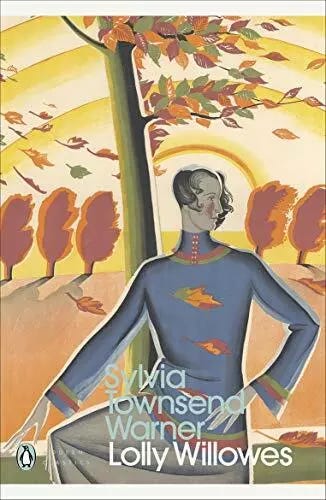
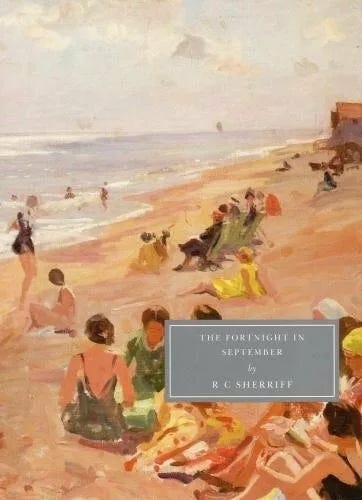

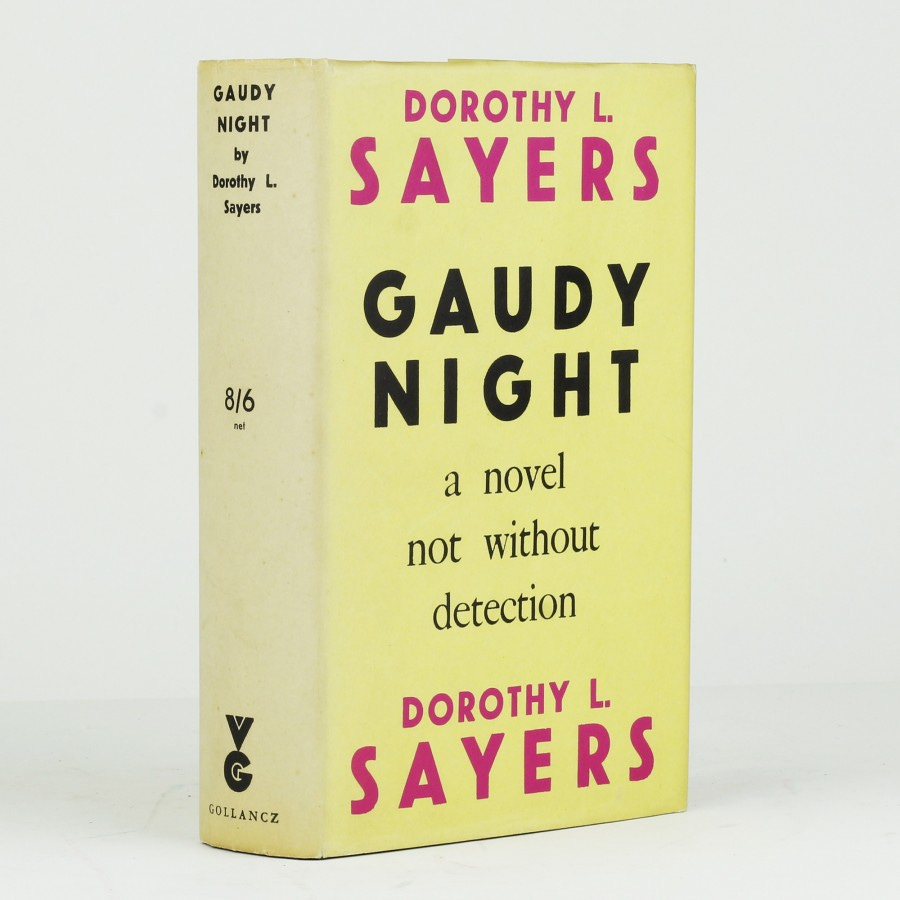
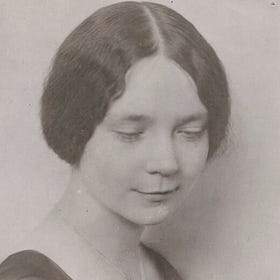

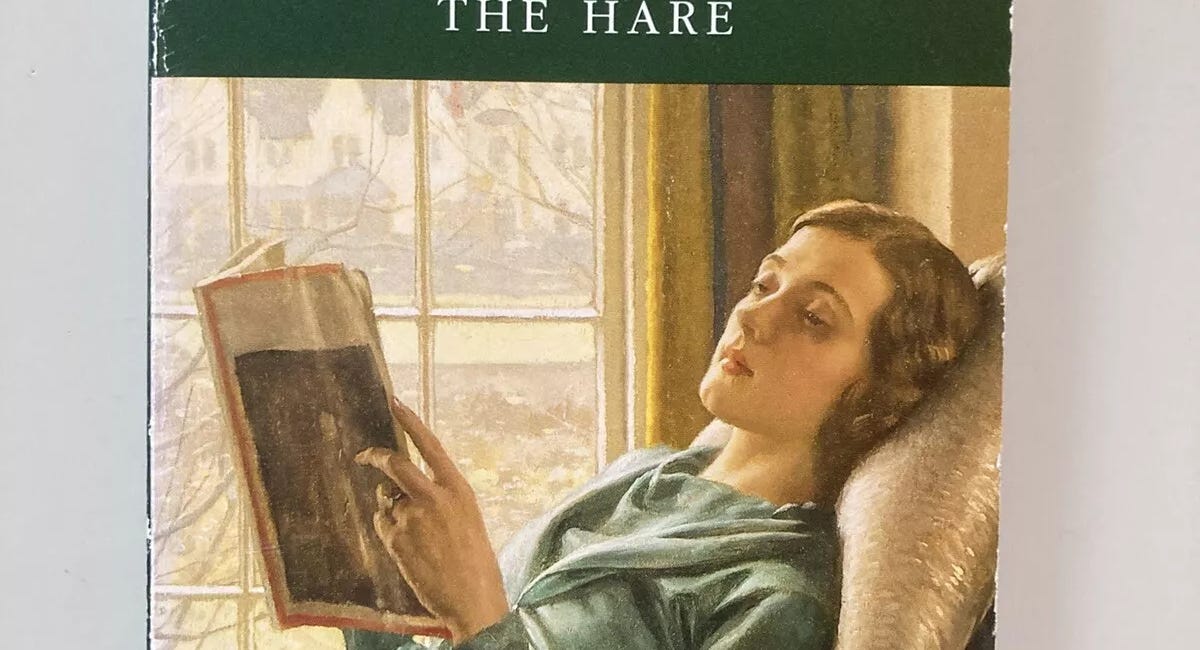

All of this sounds so up my street! Hope I have time to join in. My upcoming project is loosely about nuns in fact and fiction. Starting with Heloise's letters and then moving through to The Corner that Held Them, The Abbess of Crewe and one or two others. I have no desire to be a nun but I think I can see the attraction of the life before the reformation. Or can I ? Maybe that's what I want to find out.
What a darling dog!!! I'm very interested in reading more (and more about) Elizabeth Bowen, such a fascinating woman and a profoundly elegant writer...
Lovely to see Gaudy Night on your list.